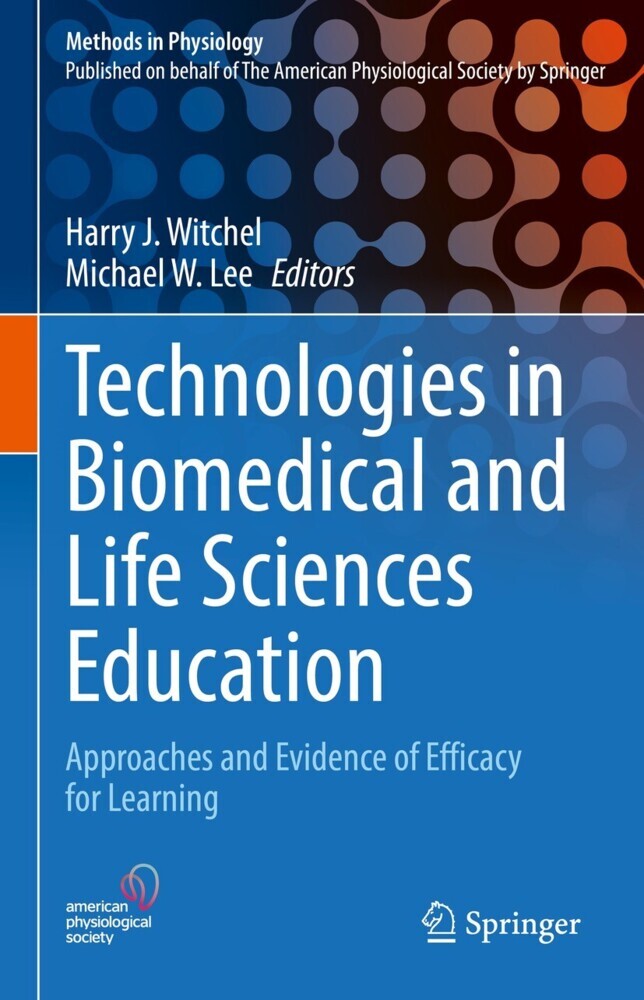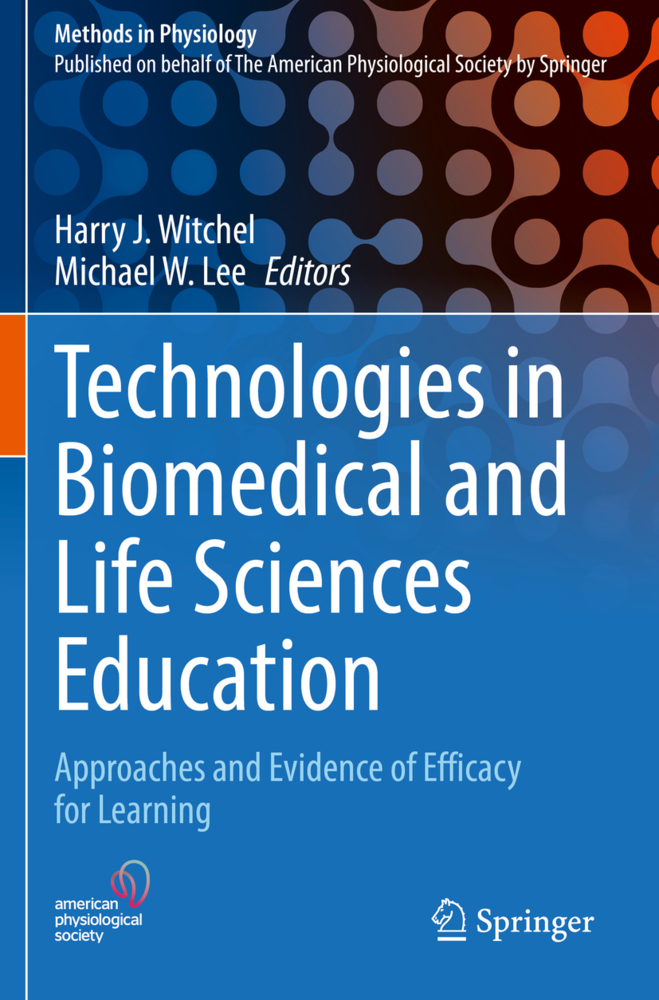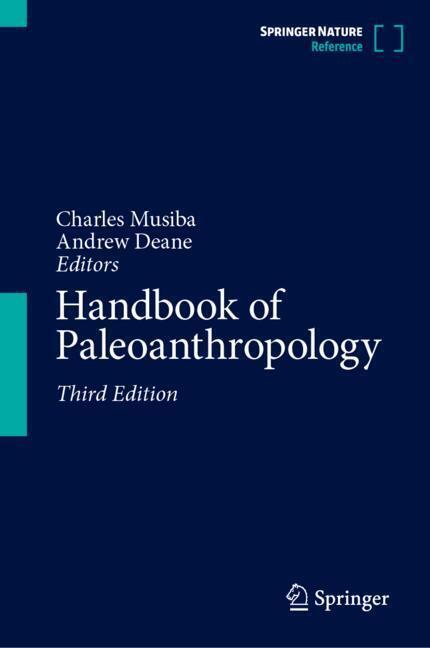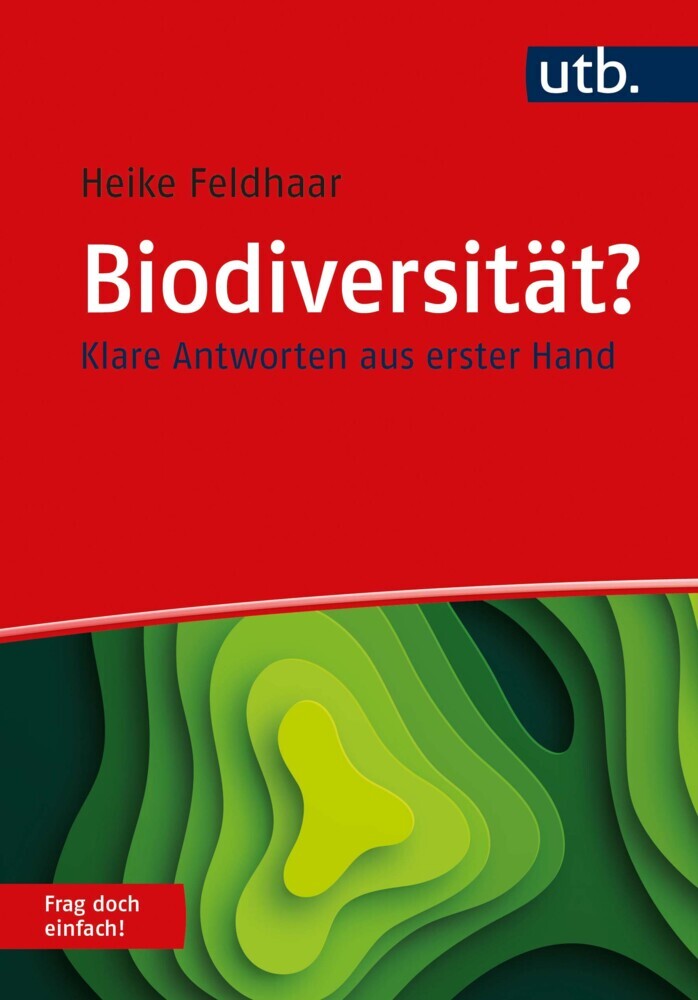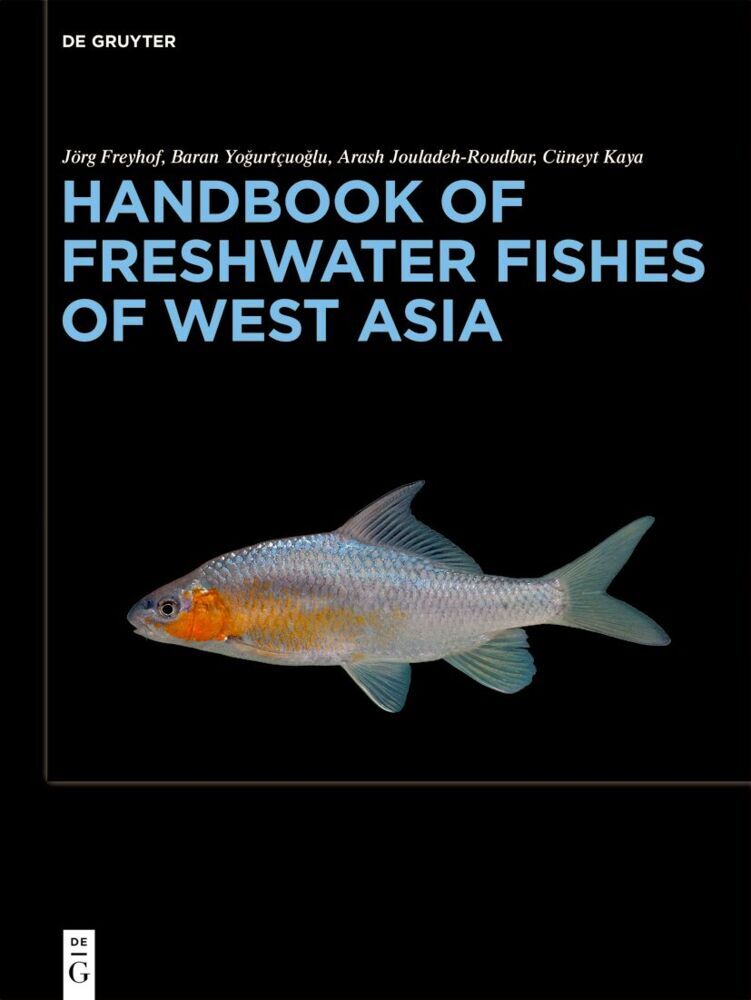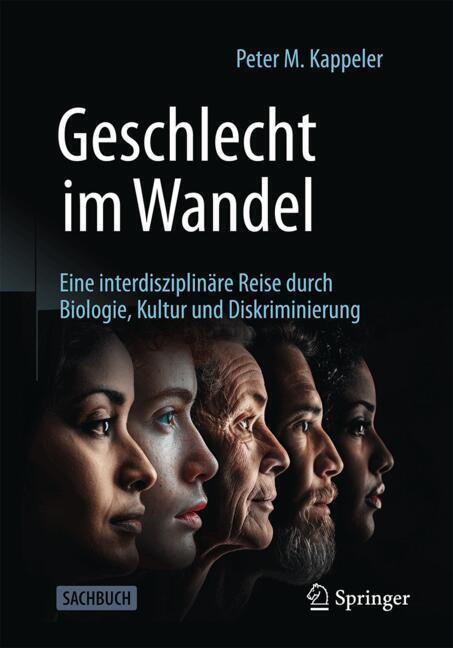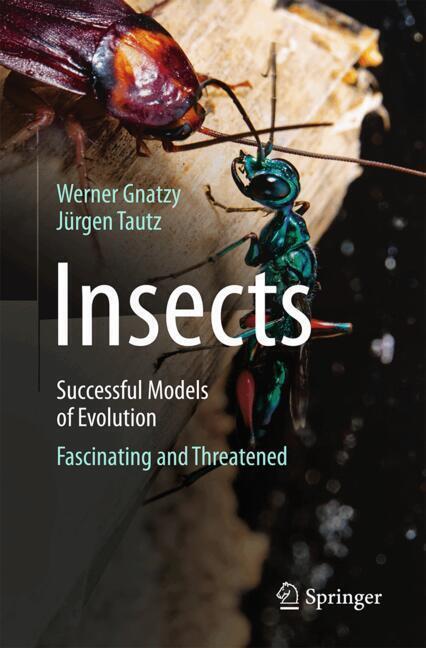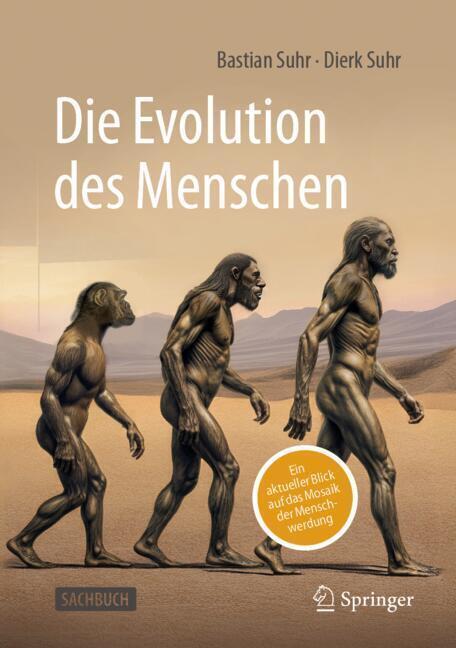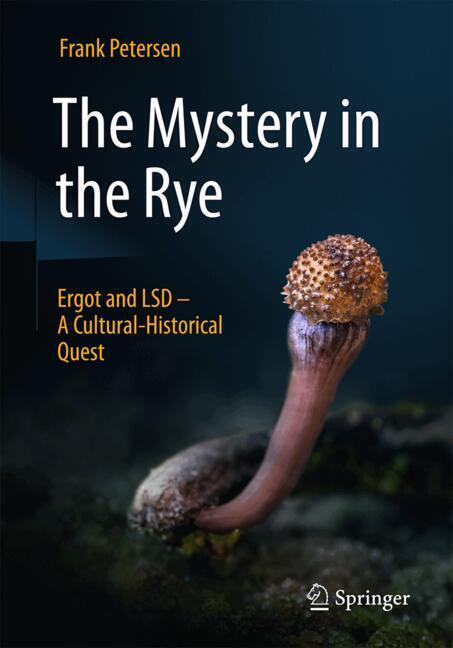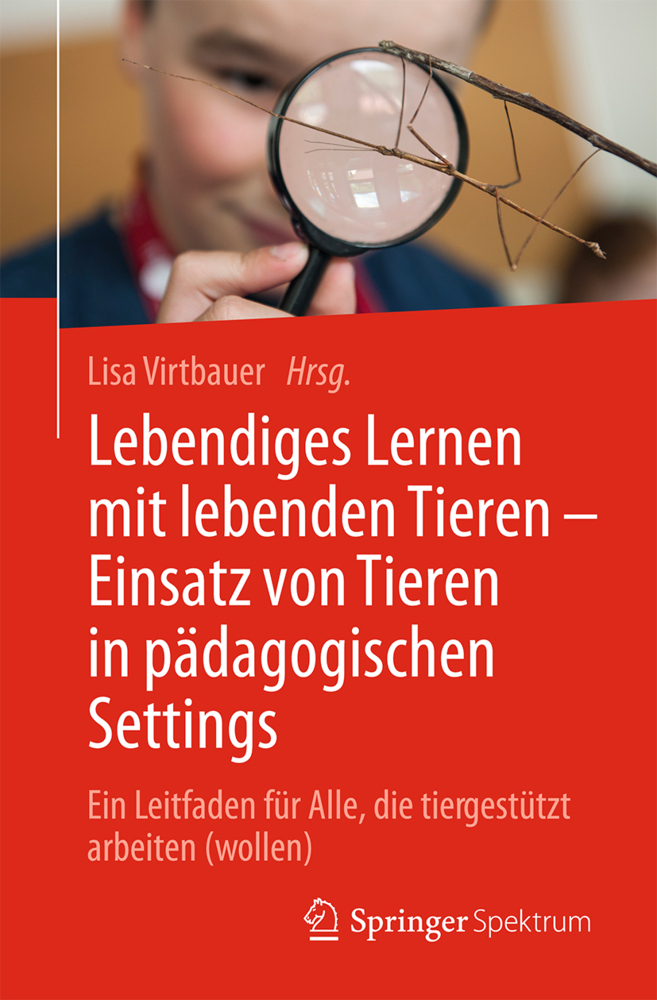Technologies in Biomedical and Life Sciences Education
This contributed volume focuses on understanding the educational strengths and weaknesses of mediated content (including media as a learning supplement), in comparison to traditional face-to-face learning. Each chapter includes research on, and a broad-brush summary of, approaches to combining life sciences education with educational technologies.
The chapters are organized into four main sections, each of which focuses on a key question regarding the consequences of incorporating media into education. In this regard, the authors highlight how educational technology is both a bridge and barrier to student access and inclusivity. Further, they address the ongoing discussion as to whether students need to be present for lectures, and on how having agency in their own learning can improve both retention and conceptual understanding. To link the content to current events, the authors also shed light on the impact that the COVID-19 pandemic is having on the continuity of educational programs and on the growing importance of educational technologies.
Consequently, the book offers life science educators valuable guidance on the technologies already available, and an outlook on what is yet to come.
Harry J. Witchel, Ph.D.Dr. Harry J. Witchel is Discipline Leader in Physiology on the University of Sussex site of Brightonand Sussex Medical School (UK). His team's interdisciplinary research within the Department ofNeuroscience there resulted in his students winning the Best Research Paper Award at theinternational ECCE conference (2019); he also researches and innovates on educational topicsrevolving around human computer interaction and assessment. He has received over 15teaching awards and recognitions, including three at the national level: from the British ScienceAssociation, the Physiological Society, and most recently a National Teaching Fellowship fromAdvanceHE (2021). He is a long-standing member of the Physiological Society, where hecurrently serves on the Education, Public Engagement and Policy Committee. His teachingqualification is as a Senior Fellow (Higher Education Academy); he received his A.B. (College) inBiophysics from Columbia University (New York), and his Ph.D. from the Department ofPhysiology-Anatomy at the University of California at Berkeley.
Michael W. Lee, Ph.D.Dr. Michael W. Lee received his Masters and Doctoral degrees in Medical Science, with a focuson Medical Pharmacology, from the Morsani College of Medicine at the University of SouthFlorida. This was followed by a post-doctoral fellowship at the University of Florida College ofMedicine at the Shands Cancer Center. He has served as a founding faculty member at severalpharmacy and medical schools where he has trained students both in the classroom and in thelaboratory. He is currently an Associate Professor at the University of Texas at Austin DellMedical School in the departments of Medical Education and Oncology. He is also an AssociateMember at the Live Strong Cancer Institutes. His research interests center around delineatingmolecular mechcnisms of therapeutic agents for cancer and on development of noveleducational technology tools for enhancing basic science learning. He has received numerousawards for teaching including a Golden Apple (2011), a Recognition of Innovation award (2011),and he has been awarded excellence in teaching awards three consecutive years (2019, 2020,and 2021). In 2020 he was awarded the designation of Distinguished Teaching Professor,following admittance into the University of Texas at Austin Dell Medical School Academy ofDistinguished Educators. He is an active member of the International Association of MedicalScience Educators (IAMSE), the American Physiological Society (APS), and he serves on theeditorial board of the journal Pharmacology Research and Perspectives.
Witchel, Harry J.
Lee, Michael W.
| ISBN | 9783030956332 |
|---|---|
| Artikelnummer | 9783030956332 |
| Medientyp | E-Book - PDF |
| Copyrightjahr | 2022 |
| Verlag | Springer-Verlag |
| Umfang | 580 Seiten |
| Sprache | Englisch |
| Kopierschutz | Digitales Wasserzeichen |

